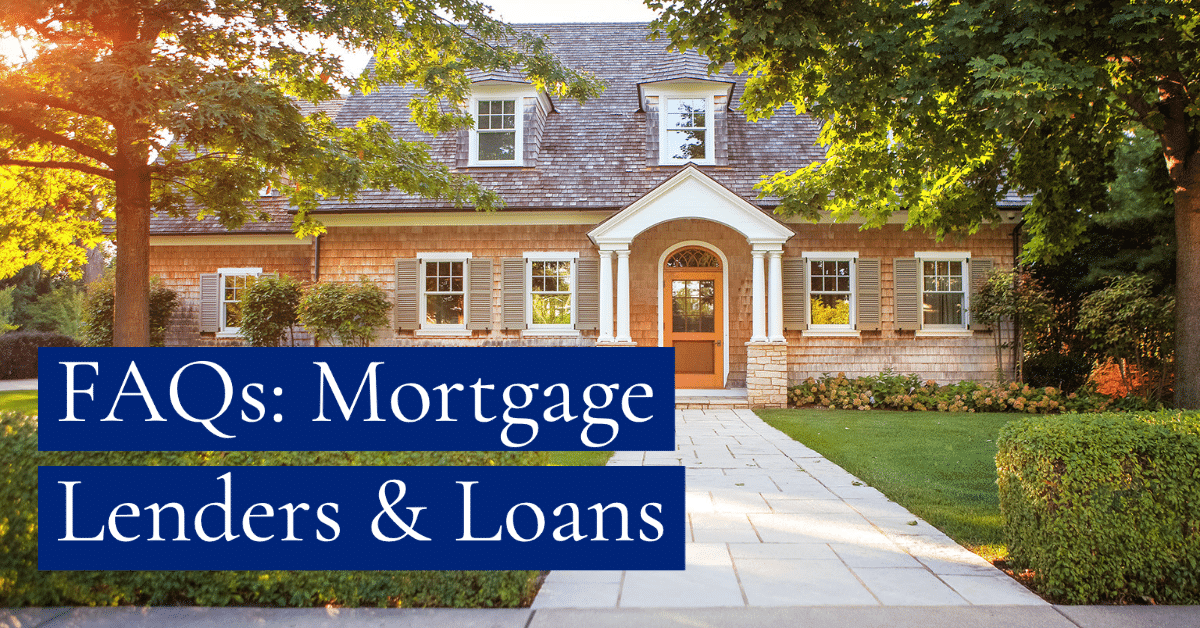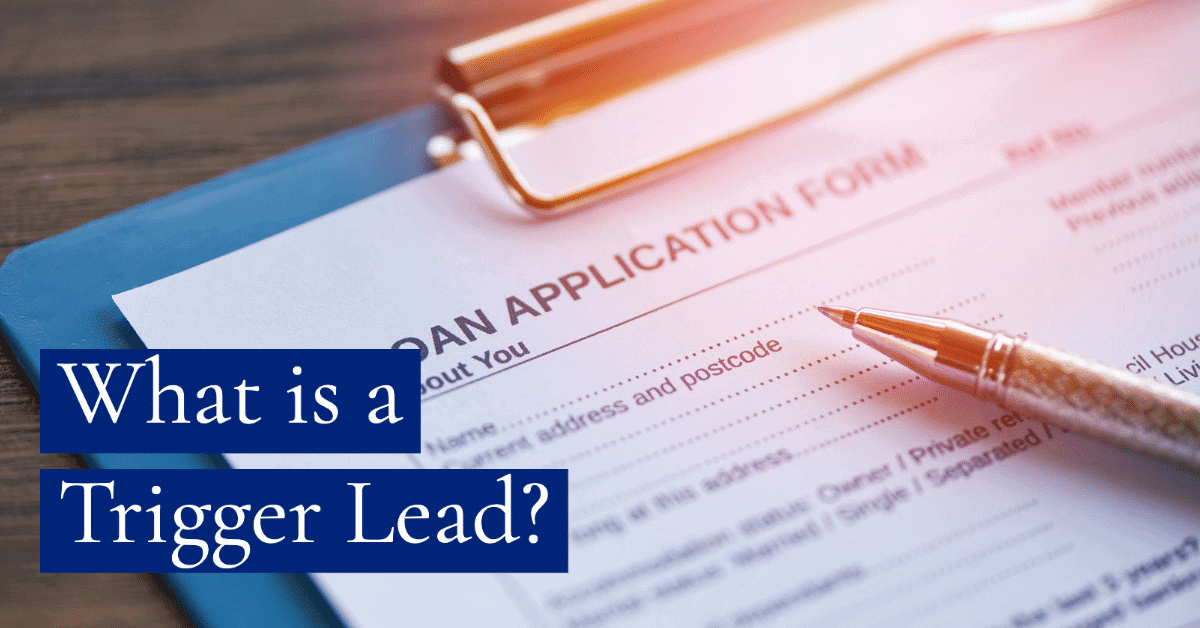
FAQs: Mortgage Lenders & Mortgage Loans
Following are some frequently asked questions about mortgage lenders and mortgage loans. If you are in the market for a home loan, our mortgage experts are here to help.
Click here to schedule a call with one of our loan officers.
Is buying a house better than renting?
Most of the time, yes. Buying a home is often seen as an investment, where you build equity in the property that can be used in the future. When your loan term is complete, you no longer have a mortgage payment. Renting does not come with this long-term financial benefit.
What is mortgage lending?
Mortgage lending is the practice of providing home loans to potential borrowers in exchange for interest payments or fees paid by the borrower. Mortgage lenders evaluate risk and creditworthiness when determining whether or not to approve a loan. They then provide the financing and manage the payment of interest and principal over the life of the loan. Mortgage lending is an important part of home ownership, providing access to those who would otherwise be unable to purchase a property.
Why do I need a mortgage lender?
A mortgage lender can provide expert advice about the best loan for your needs and help you through the process of applying and approval for a loan. They can also work closely with you to find a mortgage that meets your budget, making sure that the monthly payments will be affordable for you. With their knowledge and experience, a mortgage lender can make the process of finding the right loan much easier.
How do I choose a mortgage lender?
When choosing a mortgage lender, it’s important to do your research and find one that is reputable, experienced, and offers the best rates and terms for your particular situation. Make sure to ask about their loan application process, the closing costs involved, and any other details to ensure you get the best deal possible. Learn how to find the best mortgage lender.
What are some common mortgage options?
Fixed-rate mortgages and adjustable-rate mortgages are the two most common mortgage options. With a fixed-rate mortgage, the interest rate is set for the life of the loan, meaning that your monthly payments will always remain the same. An adjustable-rate mortgage (ARM) has an initial interest rate that can fluctuate depending on market conditions, resulting in varying monthly payments. Other mortgage options include jumbo loans, VA loans, first-time homebuyer loans, conventional loans, and FHA loans.
All of these loan types have different requirements and interest rates, so it is important to speak with a mortgage lender to determine which one best suits your needs.
Do mortgage lenders offer pre-approval?
Yes. A lender can review your financial information and give you a preliminary decision on whether or not you qualify for a loan. This can be helpful in giving you an idea of what kind of home you can afford and how much money you’ll need to borrow before beginning the process. Start the pre-approval process >
What is the difference between home loan pre-approval and pre-qualification?
A home loan pre-approval is when a lender has reviewed your financial information and given you a preliminary ruling on whether or not you qualify for a loan. A home loan pre-qualification, on the other hand, is an estimate of what kind of loan and payments you may be able to get based on the information you provide. It’s important to note that pre-qualification does not guarantee a loan, it only gives an idea of what you may be able to qualify for.
What are the qualifications and requirements to get a mortgage?
Qualifications and requirements for a mortgage loan vary depending on the type of loan you’re applying for. Generally, lenders look at your credit score, income, debt-to-income ratio, employment history, assets, and other factors to determine whether or not you qualify for a loan.
Do I have to make a 20% downpayment to buy a home?
No. Depending on the type of mortgage loan you’re applying for, you may be able to put down as little as 3% or even 0%. However, it’s important to note that putting down less than 20% usually means you’ll need to pay for private mortgage insurance (PMI). It’s important to talk to your lender about the various down payment options and PMI requirements.
How do I determine how much home I can afford?
Your mortgage lender can help you determine how much home you can afford. They will look at your income, DTI, and other factors to give you an idea of what kind of loan amount and monthly payment might be feasible for you. As a general guideline, buyers should target to have their mortgage payment at or below 30% of their gross household income. This way, not only will you be able to maintain a comfortable lifestyle without financial strain but also better manage your finances in the long run.
Can mortgage lenders help with credit repair?
Some mortgage lenders offer services related to credit repair and can provide advice on how to improve your credit score. This can involve providing guidance on budgeting, managing debt, or other strategies to help you rebuild and maintain a good credit history.
Do mortgage lenders offer refinance options?
Mortgage lenders often offer home loan refinancing options for existing loans in order to secure lower interest rates or better terms. This can help you to save money in the long run and make your mortgage payments more affordable.
Do mortgage lenders offer online mortgage loan applications?
Many mortgage lenders now offer online applications for their services. Applying for a home loan online can be an easier and faster way to get the financing you need, as it allows you to submit all of your documents and information quickly and securely.
Do mortgage lenders charge fees?
Mortgage lenders may charge fees for their services, such as origination fees or points. It’s important to ask about any potential fees before signing a loan agreement in order to make sure you understand what you’re getting into.
Should I start with a realtor or mortgage lender first?
We recommend getting pre-approved with a mortgage lender first. This will give you an idea of how much home you can afford and what loan amount and payment you’ll be able to secure. Once you have this information, then you can start looking for a realtor who can help you find your dream home within your budget.
How long does it take to close on a mortgage?
The timeline for closing on a mortgage can vary depending on the lender and type of loan. Generally, it takes anywhere from 30-60 days to close, but this can change depending on the complexity of your loan application and any unforeseen delays. Your mortgage lender will be able to provide you with more specific information about how long it will take for your loan to close.
How do I ensure the home I buy is a good investment?
It’s important to do your research before buying a home. You should look at the neighborhood, crime rate, schools, and other factors that can affect the value of the property over time. In addition, it’s wise to get an inspection from a professional home inspector and make sure the house is free from any major structural problems. It’s also important to talk to your mortgage lender about the types of loans available, so you can make sure you understand the terms and rates before signing a loan agreement. Doing your due diligence prior to purchasing your home can help ensure that it is a good investment.
How long should I plan to live in my new home?
This is an important question to consider when applying for a mortgage. Generally, it’s a good idea to plan on staying in your home for at least 5-7 years so that you can take advantage of the long-term benefits of building equity and paying down your loan. If you know you will be relocating soon, you may want to consider an adjustable-rate mortgage (ARM) loan, as these can offer more flexibility when it comes to timing. Ultimately, it’s important to consider how long you plan to live in your home and discuss this with your lender so that you can choose the best type of loan for your situation.
Is a 15-year mortgage or 30-year mortgage best?
This depends on your financial goals and situation. A 15-year mortgage typically allows you to build equity faster and pay off the loan in less time, but it also usually has a higher monthly payment than a 30-year mortgage. On the other hand, a 30-year mortgage may have a lower monthly payment but will take longer to pay off. It’s important to consider your budget and financial goals when choosing between a 15-year or 30-year mortgage. Your mortgage lender can help you determine which type of loan is best for you.
How do I get started?
Getting started is easy. You can start your pre-qualification process in just a few seconds.
This free and no-obligation process allows you to better understand if buying a home is a current viable option and how much home you may qualify to purchase. Our loan officers will review your information and reach out to you to discuss your options and the next steps toward buying or refinancing your home.




